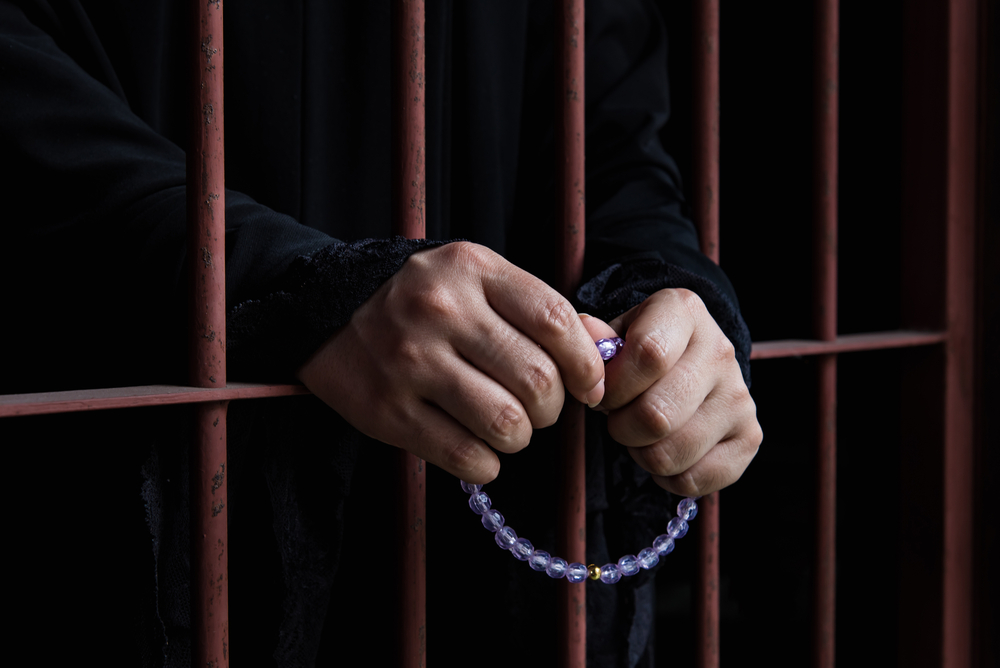Muslim Chaplaincy
I Am Your Sheikh, Not Your Psychiatrist
There is an oft-repeated verse of the Qur’an that says, “Ask the people of knowledge if you don’t know.” It encourages consultation of an expert in times of crisis. In Muslim America, it means that the Imam, both grounded in Islamic knowledge and in a position of public trust, is often the first person American Muslims think to call in times of crisis. Far too often, it means that the late night callers – one reporting spousal abuse, a teenager with issues at school, and another seeking a listening ear – believe that the Imam holds an immediate solution to their problem. Far too often, the person some of these individuals truly need is a mental health professional.
Read MoreCaring for Minds Behind Bars: The Role of the Muslim Chaplain
In theory, the line between mental illness and spiritual needs is clear; however, not many things are clear in a prison setting. As a Muslim chaplain in the Connecticut Department of Corrections (DOC), I am faced with inmates that have clear mental health needs. Fortunately, inmates with mental health issues are often identified by the mental health departments in all the facilities in CT prisons and jails
Read More

